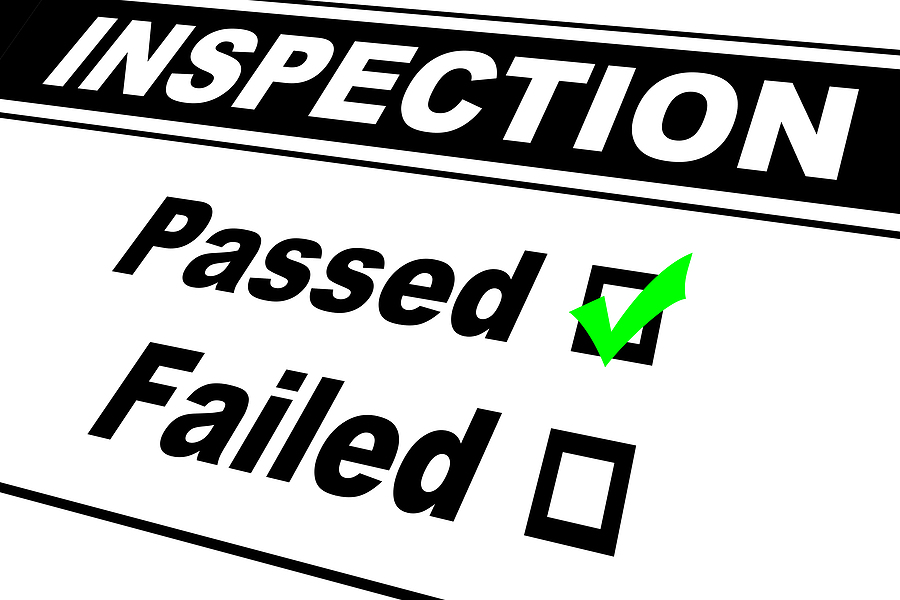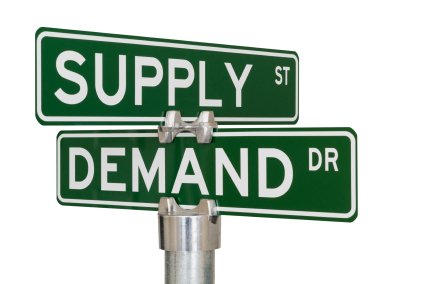The Greater Vancouver real estate market has been experiencing a slowdown in recent times. However, experienced investors understand that a slower market presents unique opportunities that can be harnessed for greater returns. Here are three ways smart real estate investors take advantage of a slower real estate market in Greater Vancouver:
- Upsizing:
One way smart real estate investors take advantage of a slower market is by upsizing their real estate portfolio. In a slow market, the more expensive properties tend to drop in price more, which presents a perfect opportunity for investors to acquire larger and more valuable properties. For instance, an investor who wants to move from a condo to a single-family home can leverage the slowdown to acquire a bigger and more luxurious property at a lower price than would be possible in a hot market.
The key is to identify properties that are likely to retain their value in the long term. This means focusing on properties with excellent location, good amenities, and good resale potential. An experienced real estate agent can help investors identify such properties and guide them through the upsizing process.
- Buying pre-sale properties from developers:
Another way smart real estate investors take advantage of a slower market is by buying pre-sale properties from developers. During a slow market, developers are often eager to move their inventory and may offer attractive incentives to buyers. In addition, interest rates are expected to go down in the future, which makes buying pre-sale properties an even more attractive option.
Investors can leverage this opportunity by identifying pre-sale properties with excellent potential for capital appreciation. This means focusing on properties in areas with good growth potential, excellent amenities, and strong demand. Additionally, investors should work with reputable developers with a track record of delivering quality properties on time.
- Buying long-term investment properties:
A slower real estate market presents a perfect opportunity for investors to acquire long-term investment properties. The rental market in Greater Vancouver is still very strong, which means that investors can acquire properties and generate steady rental income over the long term.
Smart investors focus on properties that have good rental potential, such as those in areas with high demand, excellent amenities, and good transportation links. Additionally, investors should focus on properties with good long-term growth potential, such as those in areas with strong job growth and population growth.
Investors should also consider the potential for future development, such as adding additional rental units to the property or converting the property to other uses. This can help to increase the property’s value over time and generate even greater returns.
In conclusion, a slower real estate market in Greater Vancouver presents unique opportunities for smart real estate investors. By upsizing their portfolio, buying pre-sale properties from developers, and acquiring long-term investment properties, investors can take advantage of the slowdown to generate greater returns over the long term. However, it’s important to work with experienced real estate professionals who can help identify the best opportunities and guide investors through the process of acquiring and managing real estate assets.





